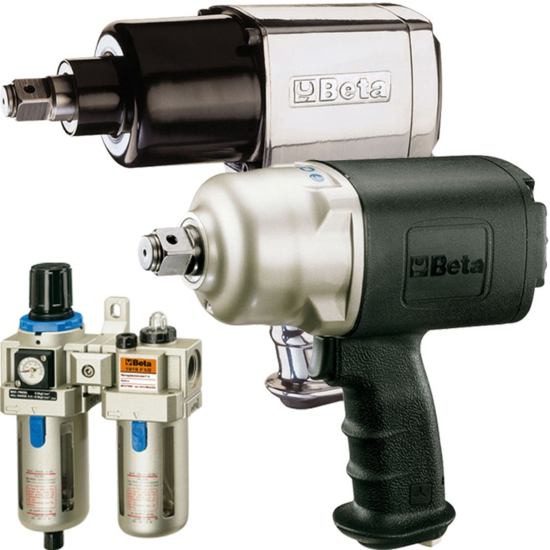Air tools are becoming increasingly preferred to handle all sorts of jobs as they offer a lot more benefits and functionalities to the user than their electric counterparts. They use compressed air to provide the power needed to get the job done. So, air tools are much more powerful and versatile and thus a good choice for anyone.
One of the downsides to these tools however is the high initial cost. Of course, the tool will more than make up for this expense eventually, but considering how much was spent on it, the last thing you need is for it to break down after just a few months of use. A simple way to avoid this is to take good care of the tools by properly maintaining them. Here are some tips to keep in mind.

1. Do not overwork it
As tempted as you might be, do not try use your tool beyond the limits specified by the manufacturer. It might get the job done that one time, but that might be the last time you get to use it. The size of your tool should be able to give you an idea of how much work it can handle, if nothing else. Be careful while buying your tools and its parts and choose the appropriate one for the tasks you want done so that you have a tool that is designed to perform the function you want it to perform.
2. Do not manhandle it
While it is true that the design of air tools make them hardier and more durable than electric power tools, this does not mean they can take that much of a beating. Avoid dropping the tool or storing it carelessly. Treat your air tool with respect and in turn, it will give you all the service you need from it.
3. Lubricate
Your air tool is a machine just like any other, which means the risk of parts becoming dry and causing friction, which will destroy the machine, is a very real possibility. Keep it well-oiled at all times. It is advisable that you pour in just 3-4 drops of lubricant into the tool before and after use to keep it in tiptop position. Run the machine for about a minute after you put the oil in to make sure all internal parts are well lubricated.
4. Tighten air connectors
The power generated by your air tool will largely depend on the air pressure within it. The air connectors are bound to get loose after some time leading to lower air pressure. Avoid this by tightening them occasionally.
5. Get rid of moisture
Air compressors tend to accumulate moisture as they compress air. This moisture, if unchecked, can cause the inner parts of your air tool to wear much faster. Install dryers to make sure the air getting into the tool is completely dry. Your air tool is meant to last a lifetime. Just take the proper precautions with it and you will never regret buying it!
The article is written by Henry Stuart who is a home improvement expert and also owns a home improvement blog.

